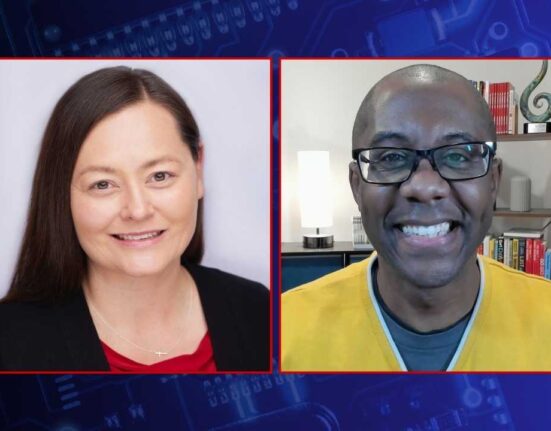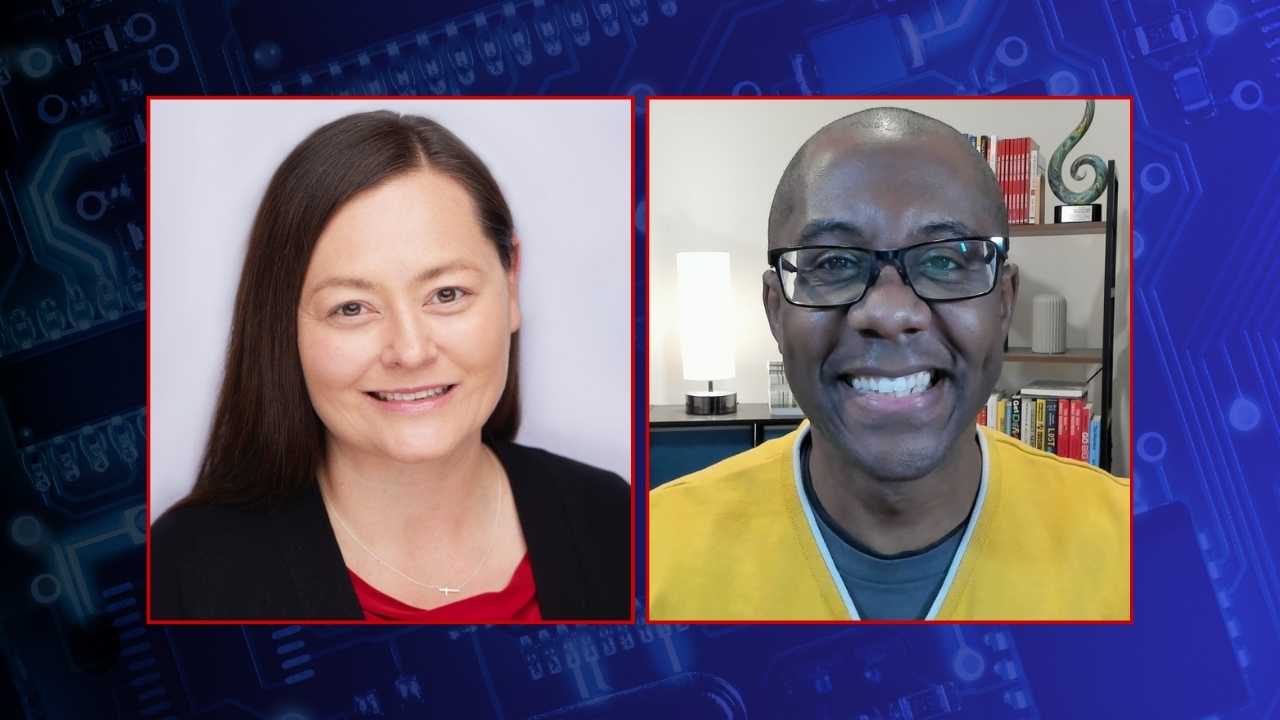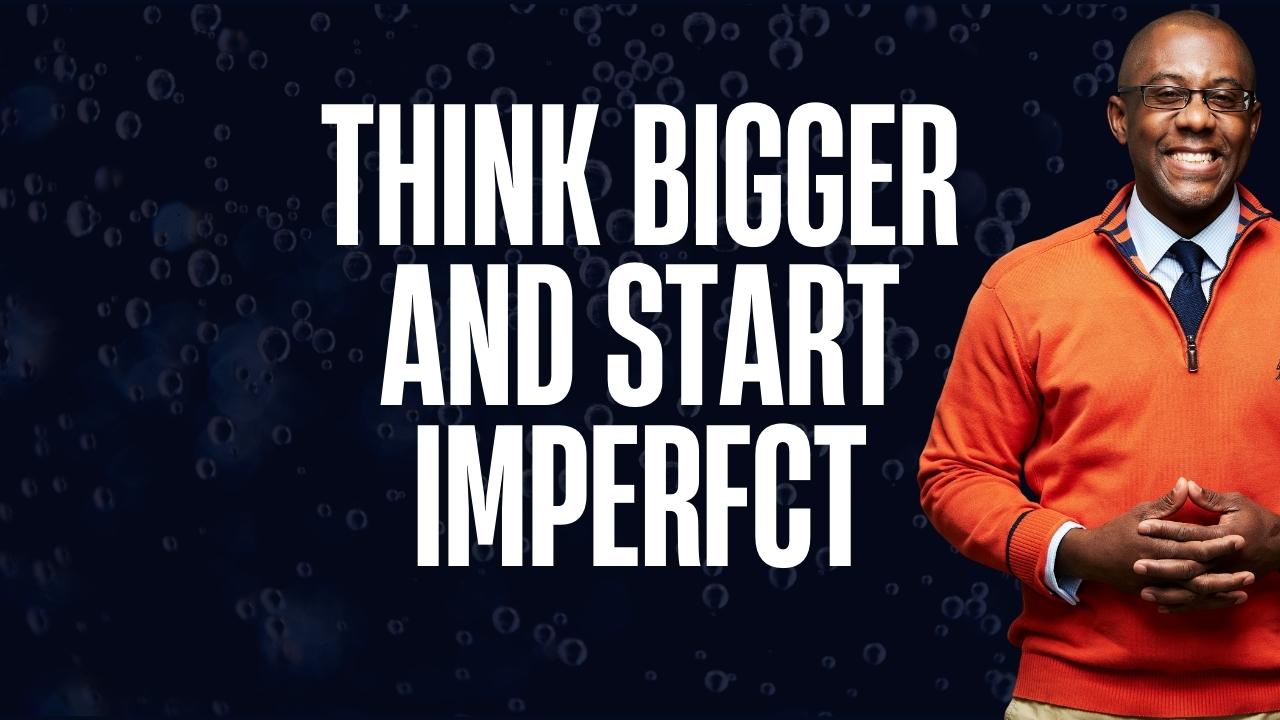Any entrepreneur who’s ever dreamed up a business idea likely didn’t immediately think about the legal aspects, such as intellectual property, of starting a business — at least not while doodling business plans on cocktail napkins. Yet the legalities of entrepreneurship are some of the most critical elements of business startup. They can make or break your business, making it imperative to understand the legal implications of your ideas before you get too far along.
That’s the message from Sivonnia DeBarros, attorney at law at SL DeBarros Law Firm, LLC. In chatting with Ramon Ray, publisher of Zone of Genius, DeBarros shared some key messages on the importance of leveraging the power of contracts, trademarks, and litigation and business strategies — not only to “crush copycats” but also to ensure your bottom line increases instead of decreases. Let’s dive in for some essential takeaways from that conversation.
Watch the entire episode on YouTube or Podcast.
Intellectual Property Essentials
One common consideration among aspiring entrepreneurs is intellectual property (IP). IP protection can extend to creative works like inventions, writings, and brand elements through copyrights, patents, trademarks, and trade secrets.
For entrepreneurs just beginning to build a brand, understanding how IP works is crucial for protecting valuable assets and avoiding legal hot water.
Types of IP Protection
Different types of IP protection cover various creations. Copyrights protect writings and art, patents cover inventions, trademarks guard unique brand features, and trade secrets keep business information confidential.
Safeguarding Brands
DeBarros stresses the importance of not only protecting your own brand but also respecting others’ intellectual property. Entrepreneurs should value and uphold others’ creations. Building partnerships with those who understand these complexities can help avoid costly mistakes.
Entrepreneurs must be cautious, especially when using intellectual property for potential revenue. “Fair use” dictates you may use copyrighted material for education or critique without violating the owner’s rights. However, using someone else’s work without permission for profit is considered an infringement and can lead to legal problems.
Even micro-components within a business, such as a blog or a unique process — think of Mike Michalowic’s Profit First system or similar brands — can be valuable intellectual property. DeBarros urges entrepreneurs to assign a monetary value to their creations and recognize that others might use their IP without proper authorization, emphasizing the importance of protection and strategic use.
Case Studies
Contract Limitations
DeBarros offers an illustrative case involving a speaker, educator, and author who approached her with concerns about a previously negotiated book deal. Upon reviewing the contract, DeBarros identified issues surrounding the client’s future intellectual property ownership derived from the book.
Despite resistance from the publishing company, negotiations led to amended contract provisions, securing the client’s rights to create future content unambiguously. This victory alleviated concerns for the client, who is now free from potential constraints imposed by the publishing company.
Trademark Registration Challenges
In another case, a millionaire entrepreneur with a million-dollar retail brand faced trademark registration challenges due to an earlier attorney’s oversight. The initial registration was filed in an unsuitable class, leading to opposition when registering in a more suitable class.
This situation posed the risk of rebranding and potential legal battles with a billion-dollar entertainment company. DeBarros secured a coexistence agreement through strategic negotiation and persistence, safeguarding the client’s million-dollar brand.
Key Takeaways: Recognize the Value Beyond a Single Product
Both cases underscore the importance of acknowledging the value of your brand beyond a single product. Entrepreneurs often underestimate how their brands can be utilized and their additional value. By recognizing and protecting the various components of your brand, you can avoid pitfalls and capitalize on its full potential.
The overarching lesson DeBarros emphasizes is to make wise investments, especially in legal matters, and to act swiftly to address potential risks. While initial startup decisions may be complex, addressing issues promptly can save significant tangible and intangible resources in the long run.
Avoid Shortchanging Yourself
Unknowingly infringing on someone else’s brand can lead to legal demands that set your business back significantly. Even if resources are limited, seeking professional guidance, such as attorneys, before establishing a business can prevent costly legal troubles. Go beyond short-term goals and engage in strategic planning for long-term success.
This involves consulting with attorneys, financial strategists, business coaches, and tax planners. Developing a clear understanding of your business’s trajectory and how it will generate income over the next 10, 20, or 30 years is essential for sustainability.
DeBarros encourages entrepreneurs to envision their businesses as potential sources of passive income. Creating intellectual property assets enables you to generate revenue without constant hands-on involvement. While many entrepreneurs may envision working in their businesses for the rest of their lives, strategic planning can eliminate some of the pressure to work without an end.
Without strategic planning, entrepreneurs may find it challenging to retire, and their businesses may lack a clear path forward in the event of unforeseen circumstances. Long-term thinking ensures the legacy of the business and allows for a well-thought-out exit strategy.
It also provides the means to make a difference in your corner of the world. DeBarros says, “I cannot make an impact if I don’t have the resources.”
Consider the Long Game
So, what impact do you want to make? Pitching a tent and hoping for short-term gains may not sustain your business in the long run. Taking the time to strategize, consult with professionals, and envision the future can distinguish between a business that fizzles away and one that stands the test of time.
If you’re interested in obtaining legal services with DeBarros, reach out or follow her on social media at @sldebarroslaw.











